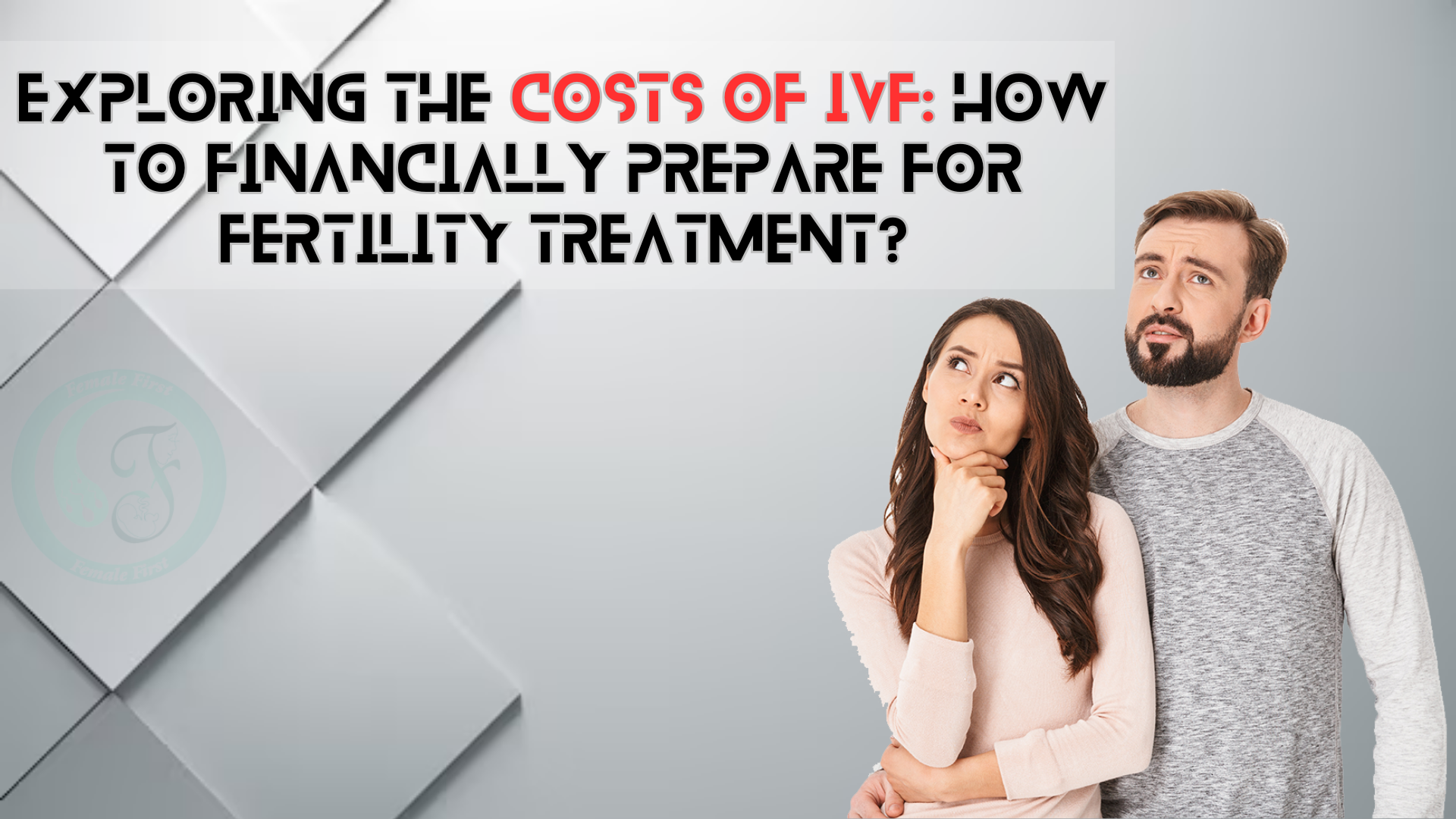The journey to parenthood is a dream for many, but for some, it may come with unexpected challenges, including infertility. In such cases, in vitro fertilization (IVF) often emerges as a promising solution. While IVF can bring the hope of starting or expanding your family, it’s important to be aware of the financial aspects associated with this fertility treatment. In this blog post, we’ll dive into the costs of IVF and discuss how to financially prepare for this transformative journey.
Understanding the Costs of IVF:
- Basic IVF Costs: The cost of a single IVF cycle can vary significantly depending on your location, the clinic you choose, and your specific needs. On average, a single IVF cycle can range from 75 thousand to 1.5 lakh which includes procedures such as egg retrieval, embryo culture, and embryo transfer.
- Medications: IVF treatment often involves medications to stimulate egg production, support embryo implantation, and prevent premature ovulation. These medications can cost an additional 3,000 to 10,000 or more per cycle.
- Additional Procedures: Depending on your situation, you may require additional procedures such as intracytoplasmic sperm injection (ICSI), preimplantation genetic testing (PGT), or frozen embryo transfer (FET). Each of these can add to the overall cost.
- Multiple Cycles: It’s essential to understand that success with IVF may require multiple cycles. This can significantly increase the overall cost of treatment.
Financially Preparing for IVF:
- Assess Your Insurance Coverage: Start by reviewing your health insurance policy. While some plans may offer partial coverage for infertility treatments, many do not cover IVF. Understanding your insurance benefits can give you a clearer picture of your financial responsibilities.
- Create a Budget: Develop a detailed budget that accounts for all potential IVF-related expenses. This should include the cost of medications, procedures, and any additional cycles you may need.
- Explore Financing Options: If your insurance doesn’t cover IVF or if you face unexpected costs, consider financing options such as personal loans, fertility financing programs, or using health savings accounts (HSAs) or flexible spending accounts (FSAs).
- Save and Plan Ahead: If you have the opportunity to plan ahead, start saving for IVF well in advance. Cutting unnecessary expenses, creating a dedicated savings fund, or seeking financial advice can help you build a financial cushion.
- Discuss Costs with Your Clinic: Communicate openly with your chosen fertility clinic about costs. Some clinics offer package deals or financing options to help make IVF more affordable.
- Seek Support: Look for support groups or organizations that may offer financial assistance or grants for fertility treatments. Some nonprofits are dedicated to helping individuals and couples achieve their family-building goals.
Conclusion:
The financial aspects of IVF can be daunting, but with careful planning and preparation, you can navigate the costs and make informed decisions. Understanding your insurance coverage, creating a budget, exploring financing options, saving in advance, discussing costs with your clinic, and seeking support from various sources are all steps you can take to financially prepare for fertility treatment. Remember that while IVF can be expensive, the hope it brings of fulfilling your dream of parenthood is often immeasurable, making the journey well worth the investment.


Add Your Comment